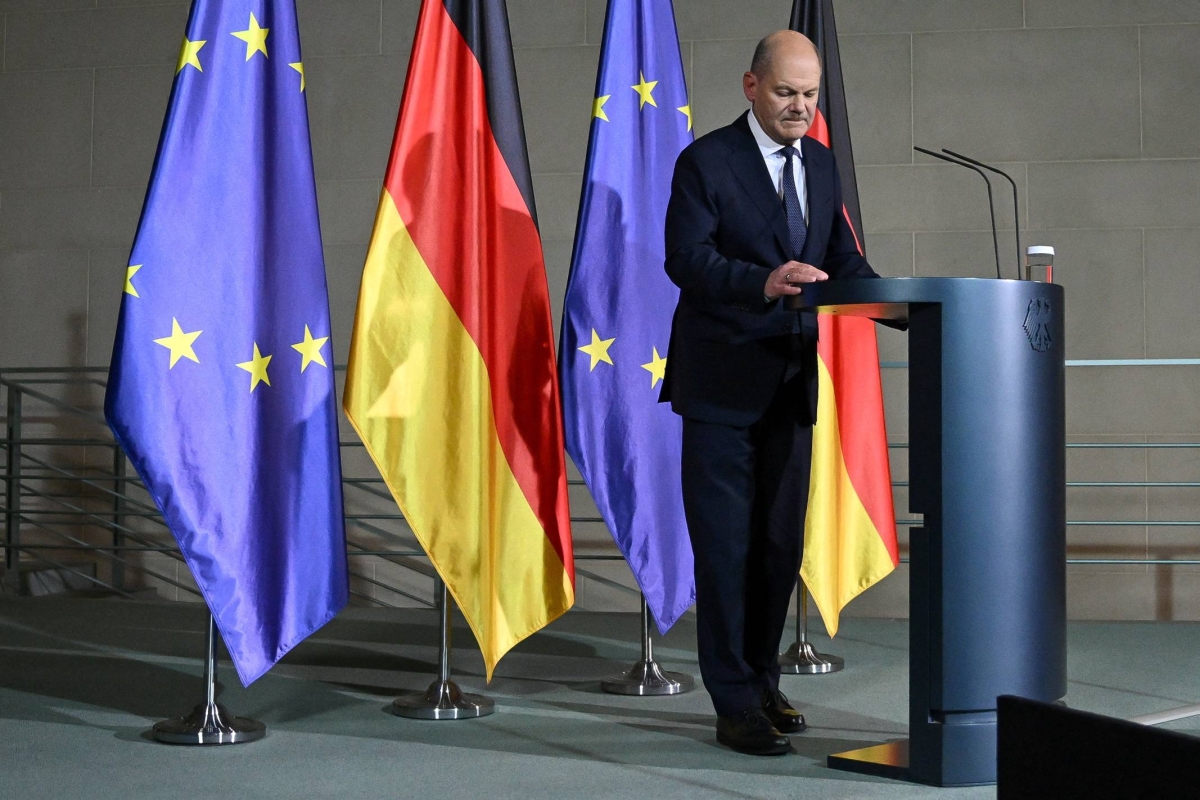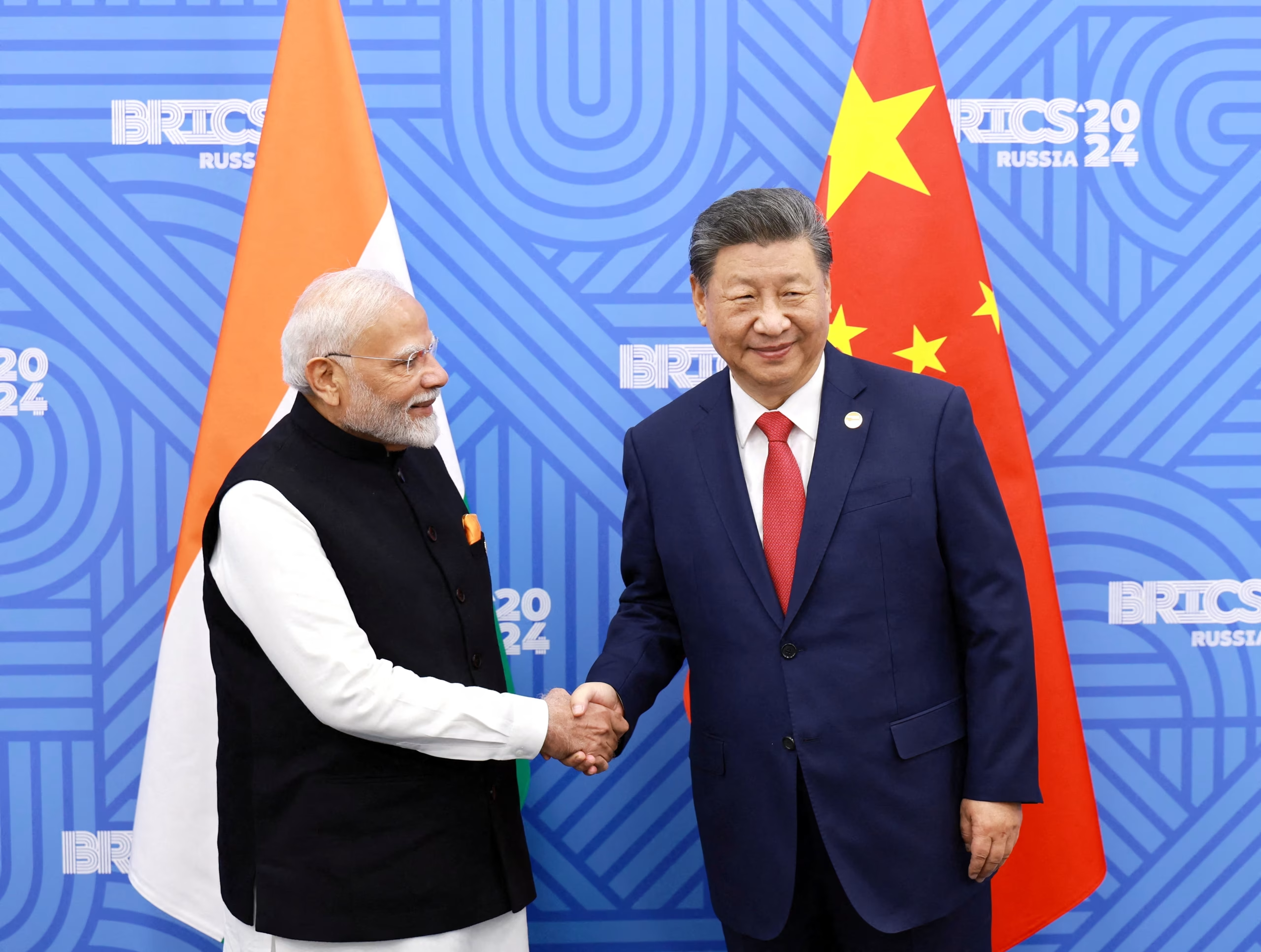Germany‘s political scene is currently experiencing instability, with Chancellor Olaf Scholz’s coalition facing the very real possibility of a snap election. Scholz’s coalition government, which includes his Social Democratic Party (SPD), the Greens, and the Free Democratic Party (FDP), has struggled to maintain unity due to deep divides on critical issues such as the national budget and pension reform
The FDP, in particular, has shown signs of frustration with the government‘s fiscal policies. Finance Minister Christian Lindner, leader of the FDP, has pushed for stricter budgetary measures, including cuts to social benefits. This has sparked strong opposition from the SPD and the Greens, who argue that more spending is needed to stimulate Germany’s economy amid ongoing challenges.
Germany faces snap election

The tension surrounding these issues has led to concerns that the coalition could collapse, particularly if the pension reform package—which would raise worker contributions to sustain retiree benefits—fails to pass.
If this situation leads to a breakdown in the coalition, it could trigger the need for early elections, a possibility that has been discussed by various parties. However, the outcome of the upcoming U.S. presidential election could influence the political dynamics within Germany.
Some politicians hope that a victory by Donald Trump might prompt Germany’s coalition parties to seek greater unity in the face of global uncertainty, while others suggest that a win by Vice President Kamala Harris might allow for more risk-taking within the coalition, possibly pushing it towards an early dissolution
Given the complex situation, the coming months will be crucial for Germany as it navigates its political challenges and faces the potential for snap elections.
Source: SABC
In other news – Swiss burqa ban to take effect from 2025
Switzerland’s “burqa ban” is set to be enforced beginning in 2025, following legislative progress since its initial approval by voters in a 2021 referendum. This controversial policy, officially termed the “Anti-Face Veiling Law,” prohibits individuals from covering their faces in public spaces with garments such as burqas and niqabs.
The move aligns Switzerland with other European countries, including France and Belgium, which have already enacted similar restrictions in efforts purported to promote security and social integration. Read more


 Pope Francis dies aged 88 just hours after meeting JD Vance
Pope Francis dies aged 88 just hours after meeting JD Vance India Signals Readiness to Pursue Stronger, Strategic China Business Ties After Border Dispute Resolution
India Signals Readiness to Pursue Stronger, Strategic China Business Ties After Border Dispute Resolution South Korea’s president Yoon Suk Yeol faces calls to resign
South Korea’s president Yoon Suk Yeol faces calls to resign South Korea troops try to storm parliament after martial law declared
South Korea troops try to storm parliament after martial law declared Indian police arrest seven for breaking into Bangladesh consulate
Indian police arrest seven for breaking into Bangladesh consulate Saudi Arabia’s MBS takes up new Middle East crises in UAE visit
Saudi Arabia’s MBS takes up new Middle East crises in UAE visit President Joe Biden grants full unconditional pardon to son Hunter
President Joe Biden grants full unconditional pardon to son Hunter Justin Timberlake drops big news about his Forget Tomorrow World Tour
Justin Timberlake drops big news about his Forget Tomorrow World Tour Vladimir Putin warns of using all weapons if Ukraine acquires nuclear arms
Vladimir Putin warns of using all weapons if Ukraine acquires nuclear arms Donald Trump warns BRICS nations of 100% tariffs over plans against US dollar
Donald Trump warns BRICS nations of 100% tariffs over plans against US dollar